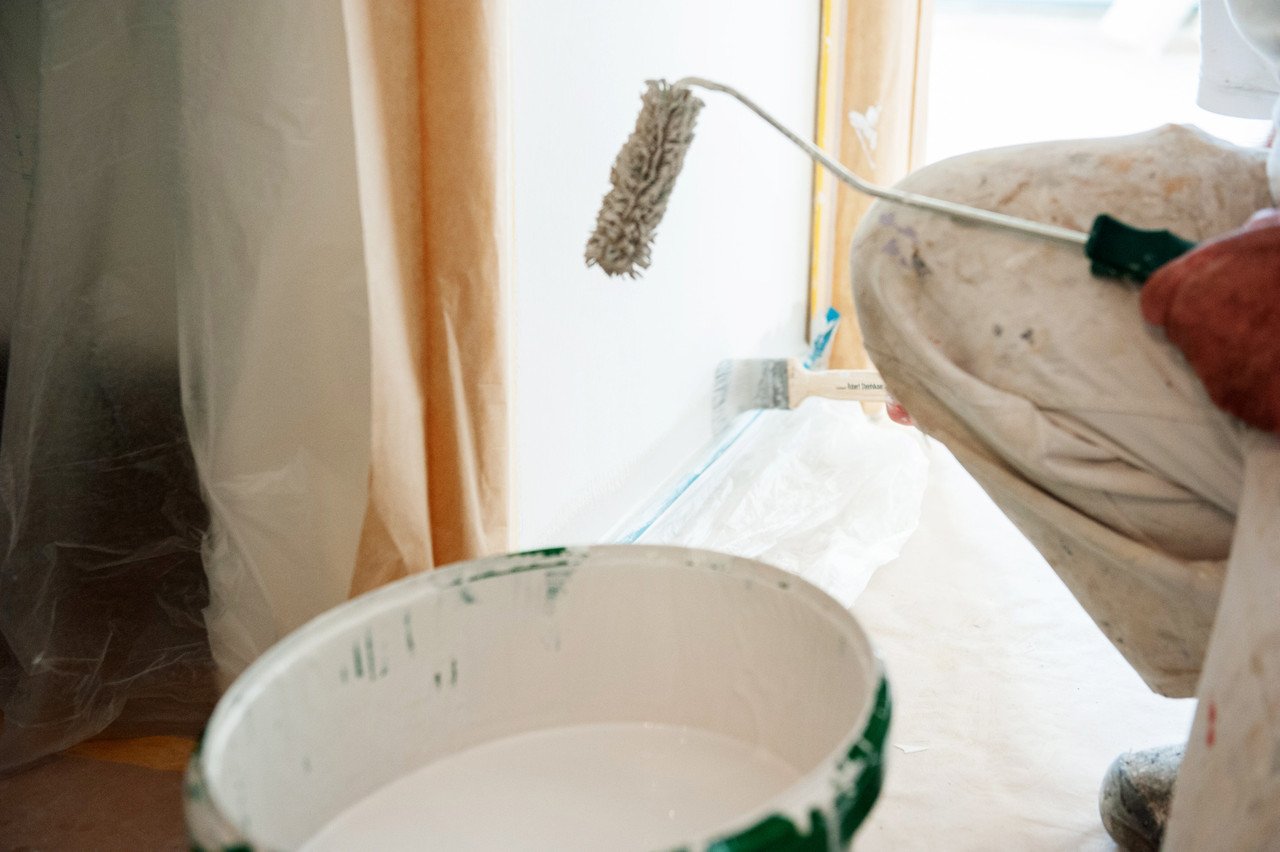After covid, rising costs and supply difficulties have been weighing on the financial health of crafts businesses. Every quarter, the Chamber of Trade makes an assessment of the situation via a business survey. The result for the second quarter of 2022 that “crafts businesses are faced with an explosion in expenditure on all fronts”, from energy to materials. The situation risks “giving rise to liquidity and profitability problems”, the body in a press release on 25 August.
The activity indicator, which was supposed to recover after the impact of covid, continued to “stagnate at a level significantly lower than before the health crisis”. It should even, according to the business leaders questioned, fall in the third quarter. This forecast reflects their concern about the current economic situation.
36% of companies troubled by the lack of manpower
In concrete terms, they are worried about cash flow problems due to inflation, while they have to pre-finance additional costs and their reserves have been depleted by two years of covid. “Crafts businesses are often unable to pass on the full amount of their extra costs to customers, either because there is no price review clause in the contract or because they want to keep their prices competitive.”
The Chamber of Trades calculated that there has been a 93% price increase for wood and 86% for milling wheat, which is needed to produce flour, compared to January 2020.
Costs are also affected by the labour shortage, which “puts constant pressure on wages”. 36% of companies said their business is hampered by a lack of staff. In addition, the chamber predicted that 22,000 to 25,000 people will retire from the sector over the next 10 years.
While between the government and stakeholders with a view to a tripartite meeting on price rises, the Chamber of Trade stated that, in this context, the prospect of a new round of salary indexation is worrying companies. “Solutions will have to be found that are equal to the challenges.”
Originally published in French by and translated for Delano
